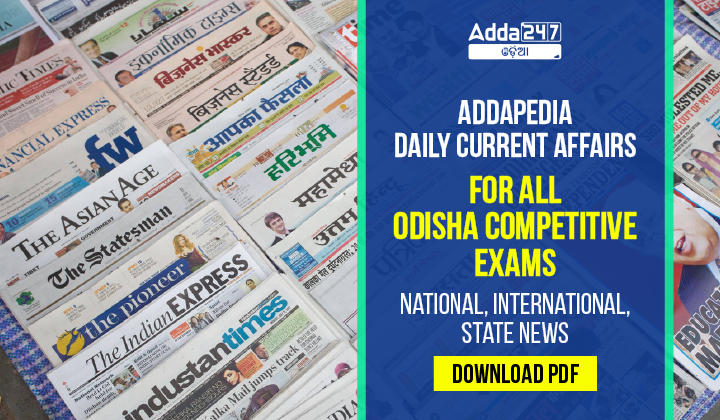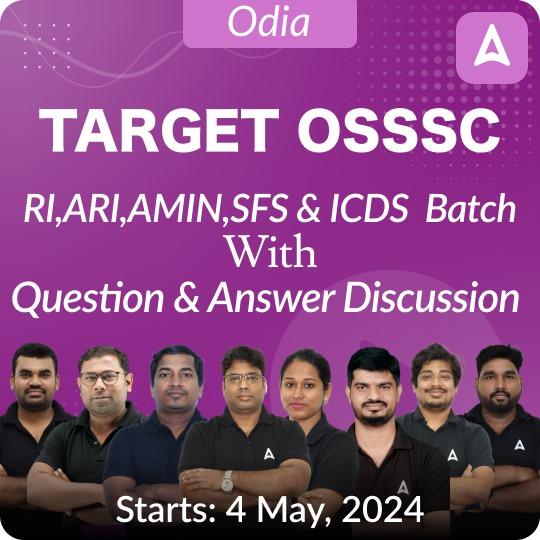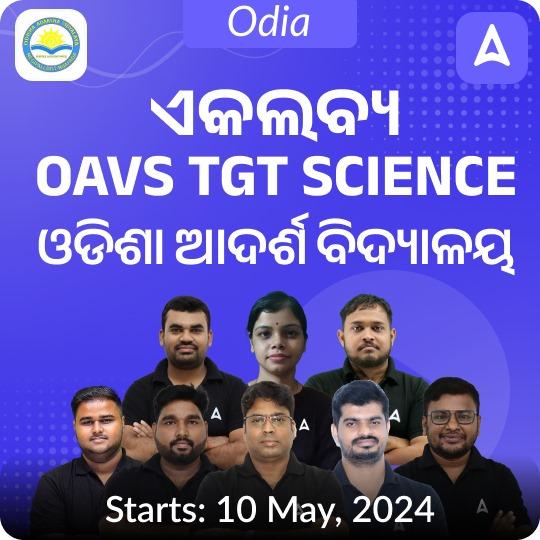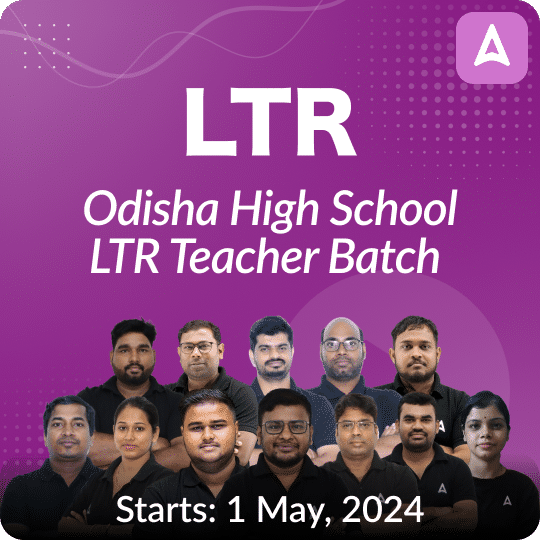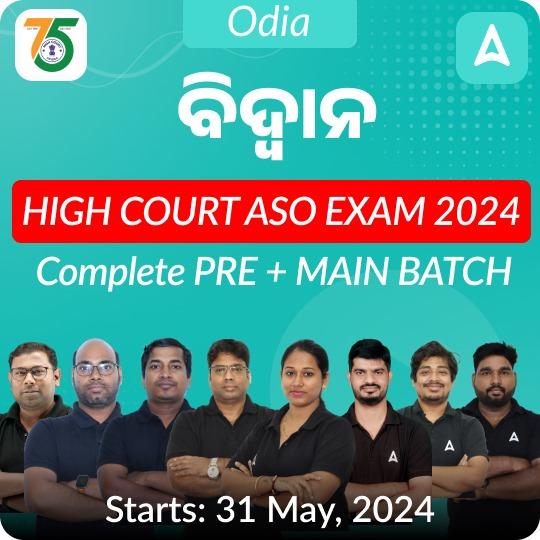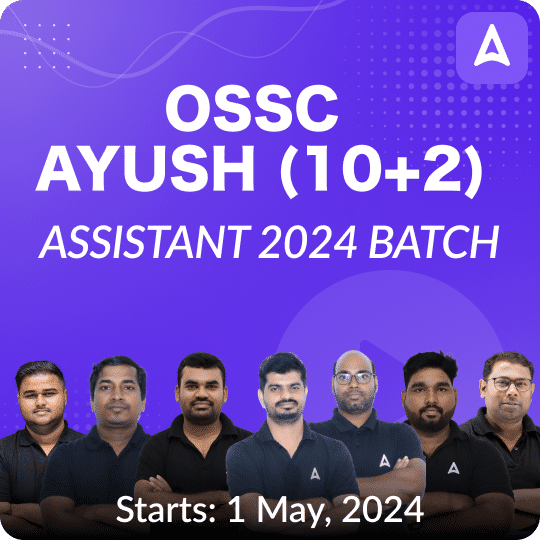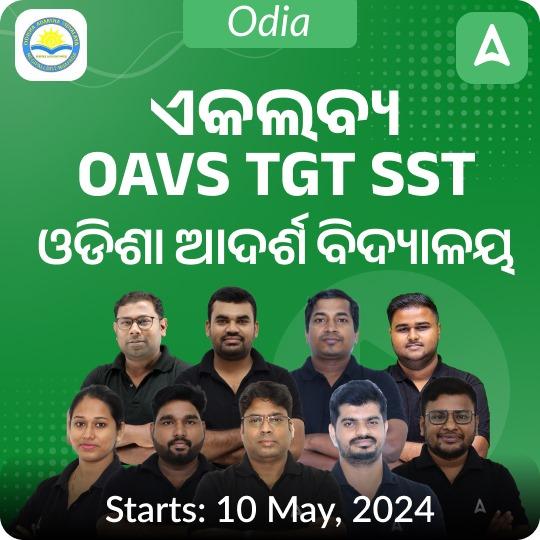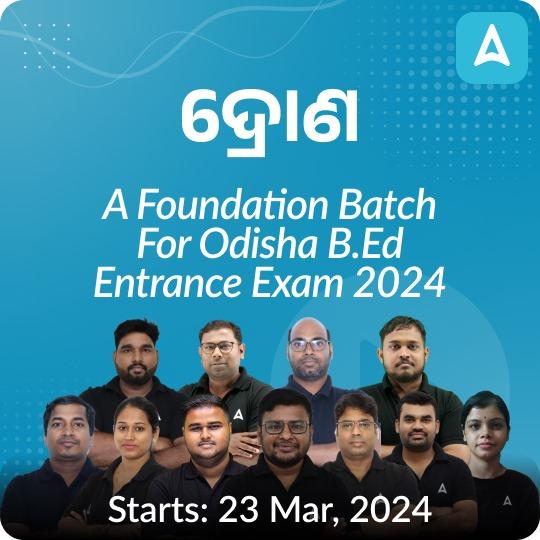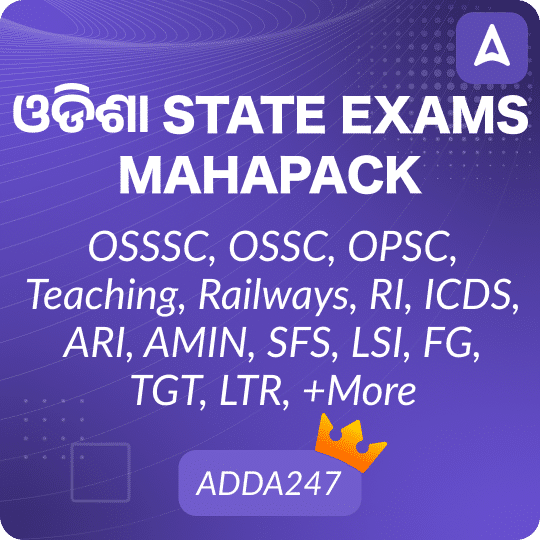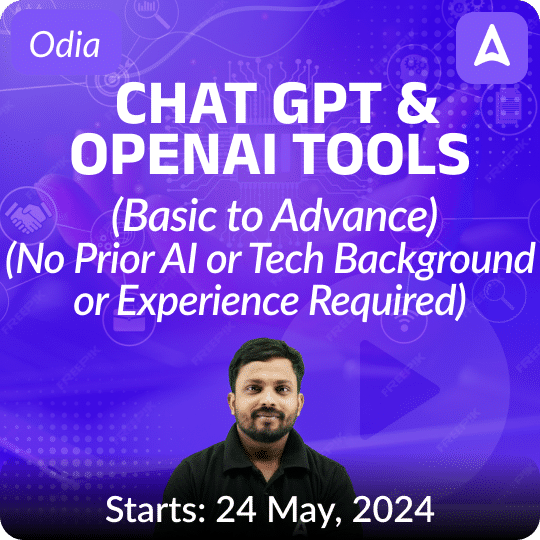As you are aware, in all competitive exams, the “Daily Current Affairs Section” holds significant importance in determining the cutoff scores. Therefore, if you excel in this section, you will have a better chance of achieving higher marks in these exams and securing a spot on the merit list.
Addapedia Odisha – Daily Current Affairs -18 October 2024
| National and International News |
| International Solar Alliance Assembly |
Why in the news?
- The curtain raiser for the Seventh Session of the International Solar Alliance (ISA) Assembly was recently hosted in New Delhi.
About International Solar Alliance Assembly:
- Apex decision-making body of the International Solar Alliance (ISA).
- Represents each Member Country and makes decisions on the ISA Framework Agreement and coordinated actions.
- Key Functions:
- Selects the Director General and oversees the functioning of the ISA.
- Approves the operating budget and assesses the deployment of solar energy.
- Evaluates solar energy programmes in terms of performance, reliability, cost, and scale of finance.
- Meetings: Held annually at the ministerial level at the ISA’s seat.
- Membership: 120 countries signed the ISA Framework Agreement; 102 countries have ratified it to become full members.
- Leadership: The Republic of India serves as President of the ISA Assembly, and France holds the position of co-president.
- Seventh Session Focus:
- Empower Member Countries to adopt solar energy.
- Support solar entrepreneurs for universal energy access.
- Mobilize finance to accelerate solar deployment.
|
| Third-Party Litigation Funding (TPLF) |
Why in the news?
- Third-Party Litigation Funding (TPLF) has rapidly become a game-changer, providing access to the courtroom for those previously unable to pursue legal action.
About TPLF:
- A financial arrangement where a third party, with no prior connection to the litigation, funds the plaintiff’s legal claim.
- In return, the third-party funder receives a portion of the proceeds if the case is successful.
- Plaintiffs do not have to repay the funding if the lawsuit is unsuccessful.
- Purpose and Advantages:
- Allows entities to pursue lawsuits without bearing the financial risks of litigation.
- Levels the playing field between parties with differing financial resources.
- Key Drivers of TPLF:
- Escalating legal costs.
- Increased complexity of modern litigation.
- Desire to support under-resourced plaintiffs in high-stakes legal disputes.
- TPLF in India:
- Not expressly prohibited in India.
- Several judgments recognize the benefits of TPLF and emphasize the need for regulation.
|
| SAMARTH Scheme |
Why in the news?
- The central government has extended the Samarth Scheme for two years (FY 2024-25 and 2025-26) with a budget of Rs. 495 crore to train 3 lakh individuals in textile-related skills.
About SAMARTH Scheme:
- Scheme: SAMARTH (Scheme for Capacity Building in Textiles Sector)
- Type: Demand-driven and placement-oriented umbrella skilling programme.
- Aim: To incentivize and supplement industry efforts in job creation in organized textile and related sectors, excluding Spinning and Weaving.
- Focus:
- Covers the entire value chain of textiles.
- Includes both entry-level skilling and upskilling/reskilling to improve productivity, especially in Apparel & Garmenting segments.
- Nodal Ministry: Ministry of Textiles.
|
| Kaziranga National Park |
Why in the news?
- Kaziranga National Park (KNP) in Assam is home to over 446 butterfly species, making it the second-highest butterfly habitat in India, after Namdapha National Park in Arunachal Pradesh.
About Kaziranga National Park:
- Location: Situated in the north-eastern part of India in the districts of Golaghat and Nagaon, Assam.
- Significance:
- The single largest undisturbed and representative area in the Brahmaputra Valley floodplain.
- Declared a UNESCO World Heritage Site in 1985.
- Rivers:
- Diffalu River, a tributary of the Brahmaputra, flows through the core tiger habitat.
- Moradifalu River flows along the southern boundary.
- Flora:
- Known for dense, tall elephant grass and small swamplands.
- Water lilies, water hyacinths, lotus, and Rattan Cane (a climbing palm) are found here.
- Fauna:
- Home to endangered species like the one-horned rhinoceros, tiger, eastern swamp deer, elephant, buffalo, hoolock gibbon, capped langur, and Gangetic River dolphin.
- World’s largest population of one-horned rhinoceroses resides here.
|
| Graded Response Action Plan (GRAP) |
Why in the news?
- The Centre’s air pollution control panel recently directed state governments in Delhi-NCR to implement the first stage of the Graded Response Action Plan (GRAP).
About GRAP:
-
- GRAP (Graded Response Action Plan) is a framework to combat air pollution in the Delhi-NCR region.
- It serves as an emergency response mechanism triggered when the AQI reaches “poor” levels, especially important during winter months.
- Who Implements GRAP?
-
- Commission for Air Quality Management (CAQM) in NCR and adjoining areas oversees the implementation.
- Collaborates with the Ministry of Environment, Forest and Climate Change (MoEFCC).
- Stages of GRAP:
- Stage I: “Poor” air quality (AQI: 201-300)
- Stage II: “Very Poor” air quality (AQI: 301-400)
- Stage III: “Severe” air quality (AQI: 401-450)
- Stage IV: “Severe+” air quality (AQI > 450)
|
| Odisha Specific News |
| Odisha starts the supplementary budget of 2024-25 financial year |
Context:
- The Odisha government has begun the process for the supplementary budget of 2024-25 financial year to be placed by CM during the winter session of the Assembly.
- This would be the second budget exercise of the government in three months.
- Govt has presented an annual budget of Rs 2.65 lakh crore in July.
About:
- The Indian Constitution outlines the budgetary process in detail, ensuring transparency and accountability in government spending.
Articles:
- Article 112: This article defines the annual financial statement, commonly known as the Budget. It specifies that the government must present a statement of its estimated receipts and expenditure for the upcoming year.
- Article 113: This article mandates that the President shall cause the annual financial statement to be laid before the Lok Sabha (Lower House of Parliament).
- Article 114: This article empowers the Lok Sabha to discuss and vote on the demands for grants presented by the government.
- Article 115: This article allows for supplementary grants and votes on account, which can be passed by the Lok Sabha in case of unforeseen expenses or to meet immediate financial needs.
- Article 116: This article deals with appropriation bills, which are introduced to authorize the government to spend the money sanctioned by Parliament.
Sessions:
- Budget Session: This is the most crucial session of the year. It typically begins in February or March and is where the government presents the Union Budget. The session includes discussions on the Budget, passage of appropriation bills, and voting on demands for grants.
- Monsoon Session: This session is held during the monsoon season (July-August). While the primary focus is not on the budget, it can be a platform for supplementary grants or discussions on financial matters.
- Winter Session: This session is held in December or January. It can also be used for supplementary grants or financial discussions, but the primary focus is usually on other legislative matters.
|
| National Human Rights Commission (NHRC) |
Context:
- The National Human Rights Commission (NHRC) has issued a notice to the Delhi government, directing it to submit a detailed report on the rape of an Odisha woman in the national capital.
About:
- The National Human Rights Commission (NHRC) of India is a statutory body established under the Protection of Human Rights Act, 1993.
- Its primary function is to protect and promote human rights in India.
Key functions of NHRC:
- Investigation: The NHRC can investigate allegations of human rights violations committed by the state or its agencies.
- Recommendations: Based on its investigations, the NHRC can make recommendations to the government for remedial measures.
- Monitoring: The NHRC monitors the implementation of human rights laws and policies in India.
- Awareness: The NHRC promotes awareness of human rights among the public.
Composition:
- The NHRC is a six-member body, consisting of:
- A Chairperson
- Two full-time members
- Three ex-officio members (the Chairperson of the National Commission for Scheduled Castes, the Chairperson of the National Commission for Scheduled Tribes, and the Chairperson of the National Commission for Minorities)
|
| Chilika Lake |
Context:
- Odisha’s Chilika Lake, a UNESCO World Heritage site, is now being monitored by drones to protect its diverse avian population and prevent poaching activities.
- These unmanned aerial vehicles (UAVs) provide real-time surveillance, allowing authorities to identify and track potential threats.
About:
- Chilika Lake, the largest brackish water lagoon in Asia, is a stunning natural marvel located in Odisha.
- It’s a haven for diverse flora and fauna, attracting numerous migratory birds, especially during the winter months.
|
| Utkal Alumina launches project URMI in two districts |
Context:
- Utkal Alumina International Ltd (UAIL), an Aditya Birla Group company, has recently launched project URMI to provide better healthcare in Kashipur block of Rayagada and Thuamul Rampur of Kalahandi district.
- More than 5,000 people across 40 villages in the two districts will be covered under the project in the next three years.
- As part of the project, baseline, midline and end-line studies will be conducted to evaluate the current health status of the target groups.
Key Objectives of Project URMI:
- Enhanced healthcare: Provide better health services to residents, especially adolescent girls, mothers, and pregnant women.
- Community engagement: Foster community participation through adolescent clubs and other initiatives.
- Improved health outcomes: Achieve 100% institutional deliveries, complete immunization coverage, and universal menstrual hygiene practices.
|
Addapedia Odisha-Daily Current Affairs- 18 October 2024
| Copyright © by Adda247
All rights are reserved. No part of this document may be reproduced, stored in a retrieval system or transmitted in any form or by any means, electronic, mechanical, photocopying, recording or otherwise, without prior permission of Adda247. |

